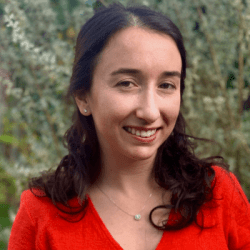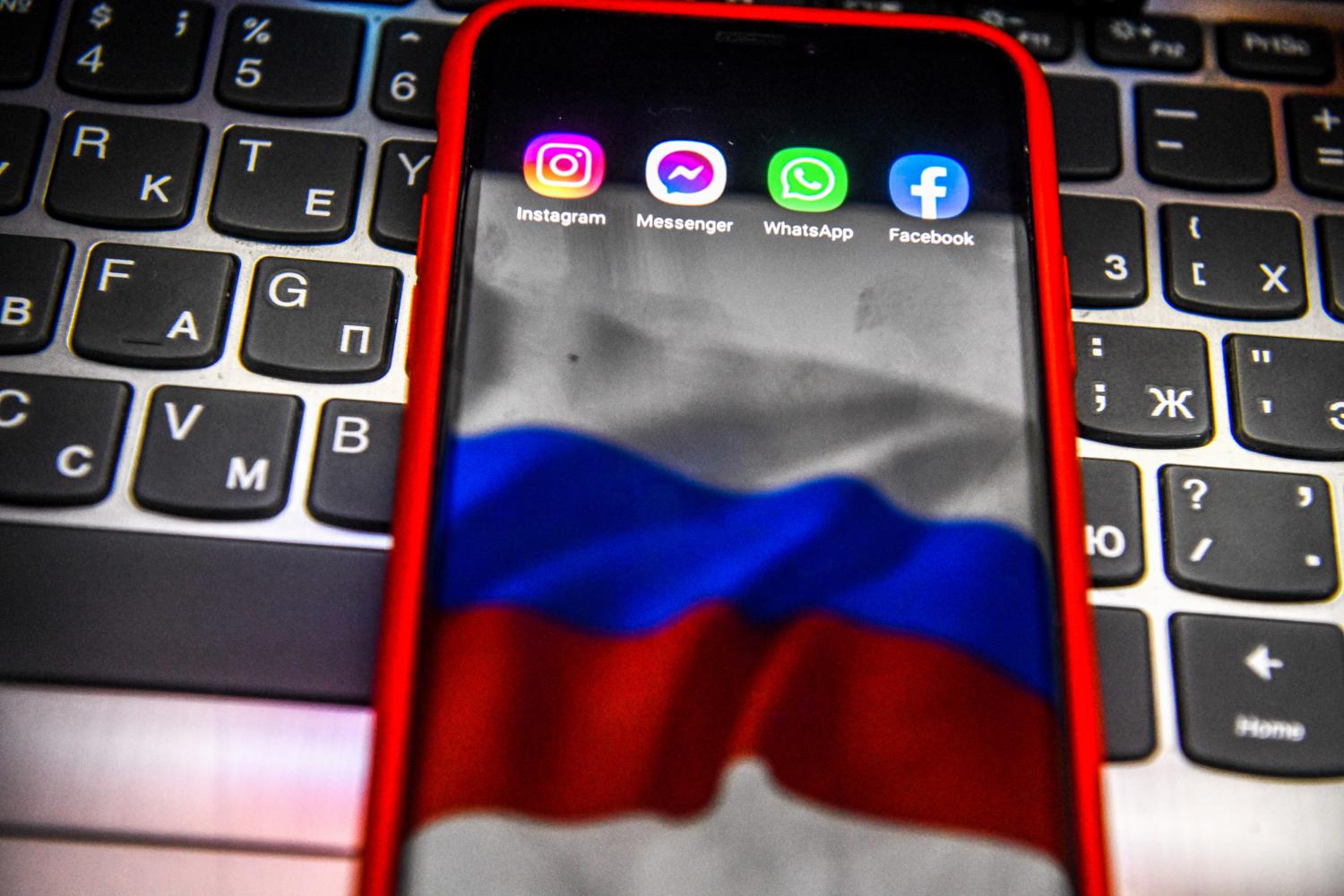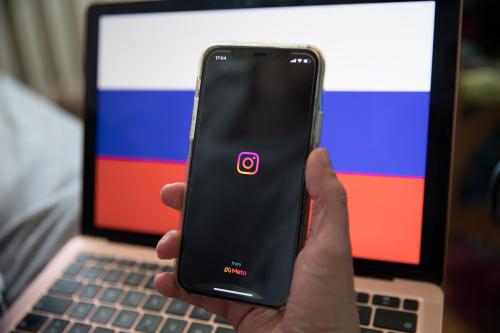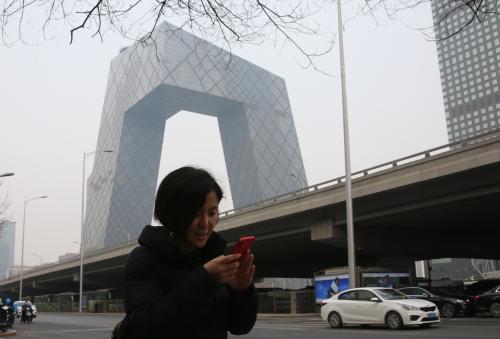Executive summary
As the Kremlin’s war on Ukraine unfolded, Russian state media and diplomatic accounts online began a deliberate, coordinated effort to spread propaganda that aims to justify or deflect blame for the violence. They continue to broadcast this propaganda around the world, including, rather intensively, in Latin America. In a region that contains both U.S. partners and friends of Moscow, public opinion about the conflict still appears to be up for grabs. An analysis of Russian state-backed content on Twitter and Facebook targeted to audiences in Latin America suggests:
- Soon after Russia invaded Ukraine, Russian state media and diplomatic accounts began a concerted effort to push their messaging about the conflict to audiences in Latin America. According to data collected for this paper, the proportion of all posts about Ukraine-focused topics by these accounts tripled, and engagement with posts about Ukraine — in the form of likes, comments, shares, and other reactions — increased by more than 400%. Kremlin propaganda sought to justify the invasion by asserting that there was an existential threat: Moscow argued that the Ukrainian government, led by “drug addicts and neo-Nazis,” was committing genocide against Russian-speaking people in the eastern part of the country.1 As the war went on, Kremlin propaganda also sought to deflect blame for global food and fuel shortages: Moscow claimed that the shortages were the result of Western sanctions against Russia.
- The policies social media platforms implement can have a clear impact on the reach of Russian state-backed content. In the aftermath of the invasion, overall engagement in Latin America with Russian state-backed content dropped significantly on Facebook but more than doubled on Twitter. While there are multiple possible explanations for this finding, these divergent trajectories suggest that there might be deeper lessons for platform trust and safety teams and government policymakers aiming to curb the spread of Russian state-backed content – especially as Twitter itself revisits its content moderation approach.
- As elsewhere, the Kremlin uses influencers — primarily independent Spanish-speaking journalists — to boost the power of its messaging. Of the top 15 most retweeted accounts in our dataset, seven are independent, Spanish-language journalists who are unaffiliated with Russian state-backed media.
Given the extent of engagement with Russian state-backed content in the region and its consequences for U.S. interests, Washington should take concrete steps to ensure it is poised to meet the challenge. To start with, it should devote additional public diplomacy resources to Latin America. This could entail equipping the U.S. Department of State to better track Russian propaganda activity there, investing in U.S. Agency for Global Media outlets targeted toward Latin American audiences, and supporting research on related themes. It should also entail facilitating best practice exchanges with independent journalists, researchers, and fact-checkers from across the hemisphere and engaging democratic governments in the region to build resilience to a shared challenge. At a tactical level, Washington should push back on Moscow’s frequent use of “whataboutism” by resisting the urge to rebut every charge and instead focus on highlighting the Kremlin’s disinformation tactics and interference activities in the region. Recognizing that liberal values are ultimately an asset, the U.S. government’s efforts to contest the information space in Latin America should be fully transparent and aligned with democratic principles, including a basic commitment to truth. Finally, given the impact that platform policies appear to have on the spread of Russian state-backed content, greater transparency by platforms about the nature of their policies would help policymakers chart a course forward.
-
Acknowledgements and disclosures
The authors thank Chris Meserole, Aaron Rodericks, and Bret Schafer for their invaluable comments on drafts of this paper and Melody Chen and Dylan Hanson for their research assistance. All errors are the authors’ own. Alex Dimsdale, Rachel Slattery, and Lori Merritt were instrumental in publishing this paper.
-
Footnotes
- AFP, “Putin Calls Ukraine Government ‘drug Addicts and Neo-Nazis’” YouTube.com, February 25, 2022, https://www.youtube.com/watch?v=rkos-aWbo7w.
The Brookings Institution is committed to quality, independence, and impact.
We are supported by a diverse array of funders. In line with our values and policies, each Brookings publication represents the sole views of its author(s).








